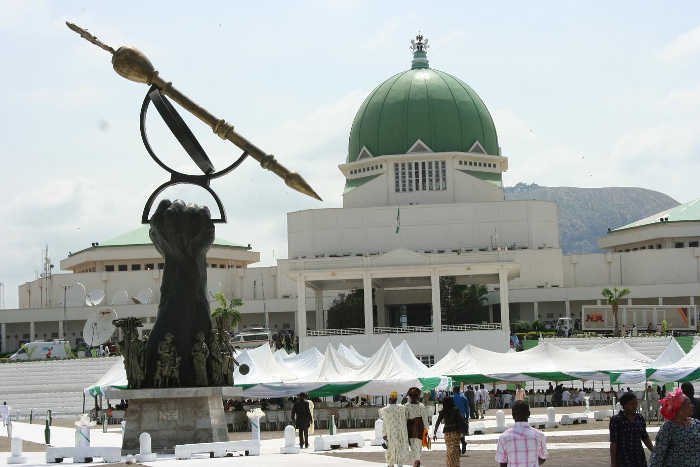The Civil Society Legislative Advocacy Centre (CISLAC) has called for the cancellation of illegitimate debts, a democratised global financial system, and increased legislative oversight on financing for development in Nigeria.
Speaking at the Financing for Development Conference in Sevilla, Spain, CISLAC’s Executive Director, Auwal Ibrahim Musa (Rafsanjani), said illegitimate and unjust debts continue to stall development, mortgage future generations, and erode national sovereignty.
“These debts were incurred without public consent or accountability. They are odious, fraudulent, and must be cancelled,” Rafsanjani declared.
Stronger Legislative Engagement in Nigeria
Rafsanjani, who also heads Transparency International Nigeria, urged Nigerian lawmakers to assert their constitutional roles—from budget approval to debt monitoring.
“Legislators must not be sidelined. They must ensure borrowed funds are used transparently and equitably,” he said.
He called on parliamentarians across Africa to push for deeper scrutiny in debt agreements, enhanced financial integrity laws, and stronger oversight of tax evasion enablers and illicit financial flows.
Calls to Reform Global Financial Institutions
CISLAC joined forces with Christian Aid, Oxfam, and Tax Justice Africa, calling on powerful nations, particularly the UK, to limit the ability of private creditors to sue sovereign nations and to mandate their participation in debt restructuring.
Rafsanjani advocated for a UN-led debt workout mechanism and fairer concessional financing from wealthy nations—especially as climate-vulnerable communities bear the brunt of fossil fuel subsidies and exploitative lending practices.
“The IMF and World Bank are dominated by powerful countries. We must democratise them and ensure African voices are heard,” Rafsanjani insisted.
Boosting Public Accountability and Development Outcomes
He emphasised that robust public financial management, open beneficial ownership registers, and active civil society participation are crucial for national development.
He also stressed that financing for the Sustainable Development Goals (SDGs) must prioritise critical sectors like climate, health, and education.
“We are in Sevilla to demand a fairer global system, stronger legislative engagement, and sustainable solutions rooted in justice and people’s welfare,” he concluded.
The Sevilla conference features high-level dialogues on debt justice, climate finance, and tax equity, with African civil society and parliamentary delegates playing active roles. The delegation is led by Maíra Martini, CEO of Transparency International, who echoed demands for transparent and accountable debt frameworks to protect public resources.











